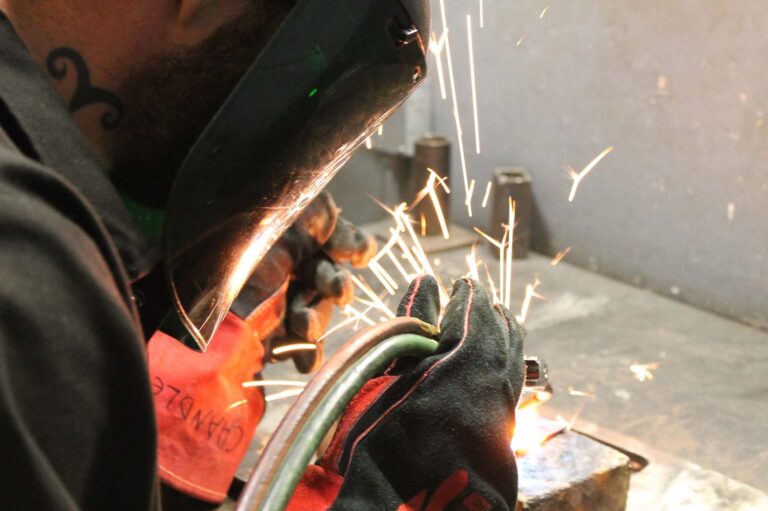CHAMPAIGN — Parkland Executive Vice President Pamela Lau will become the president of the Champaign community college in January.
The succession has been planned since 2019, when current president Tom Ramage first announced his retirement. Ramage started his presidency fifteen years ago and will retire at the end of this year.
Lau began her career at Parkland more than two decades ago as a developmental reading teacher, helping students fill in critical reading skills. She moved into administrative roles, starting in 2006, when she was named director of Parkland’s Center for Academic Success.
Illinois Newsroom’s Emily Hays spoke with Lau about her goals as Parkland’s next president.

LAU: While we say everyone is welcome, not everyone in the (Parkland Community College) district thinks of themselves as participating in post-secondary. Some people didn’t like school before. Others are working, they have families, and they think school is not going to fit. Some others just don’t see themselves as being able to benefit from post-secondary education. So part of our work going forward is really to bring that message out to people.
HAYS: Can we go into a specific strategy you might use for that purpose?
LAU: There are several programs. Some of them are already in place, some just [recently] in place, and some are going to start.
I think you might have heard of the Support for Workforce Training (SWFT) program. That is short-term training, focused on low-income students from underserved communities, to come and get training with us for less than a year. This is a state grant-funded program. We can help students train for jobs that pay a life-sustaining wage.
Recently, we’ve started on a different version of SWFT through another state-funded grant. We call it SWFT Healthcare. But basically, it’s the same kind of scholarship program, but we will help low income students to get the training they need to go into health care professions — into nursing as well as to all the allied health areas.
And again, it’s a program that will not only provide a scholarship — money to pay tuition – but also stipends to help students while they’re coming to school. [While] they can’t work, we can help them take care of some of their responsibilities.
At the same time, it is a program not only to give you money to go to school, but really giving a lot of the support behind school. That connects with our new Learning Commons, where we’re thinking in terms of providing as much learning support as we can for that the wide range of students that come [to Parkland].
We still have a library, but we are now calling it the Learning Commons because we now have a space that is totally devoted to providing the learning supports for students, whether it’s writing, whether it’s math, whether it’s chemistry, whether you need to learn how to use the computer or you need to give a verbal presentation.
HAYS: You really focused on access in this answer. You initially got into teaching as a developmental reading teacher. How does your experience as a teacher and as a vice president affect who you’ll be as president?
LAU: When I first came to Parkland, I did not understand what a community college is. I needed a job and there was a job possibility. It was a part time teaching gig, and it was in developmental reading. When I actually started, I began to realize a lot of different things about community colleges. I was very taken by the ability of an institution to say, ‘If you are interested in pursuing education beyond high school, we will help you. We will take you from where you are to where you want to go.’
Emily Hays is a reporter for Illinois Public Media. Follow her on Twitter @amihatt.

